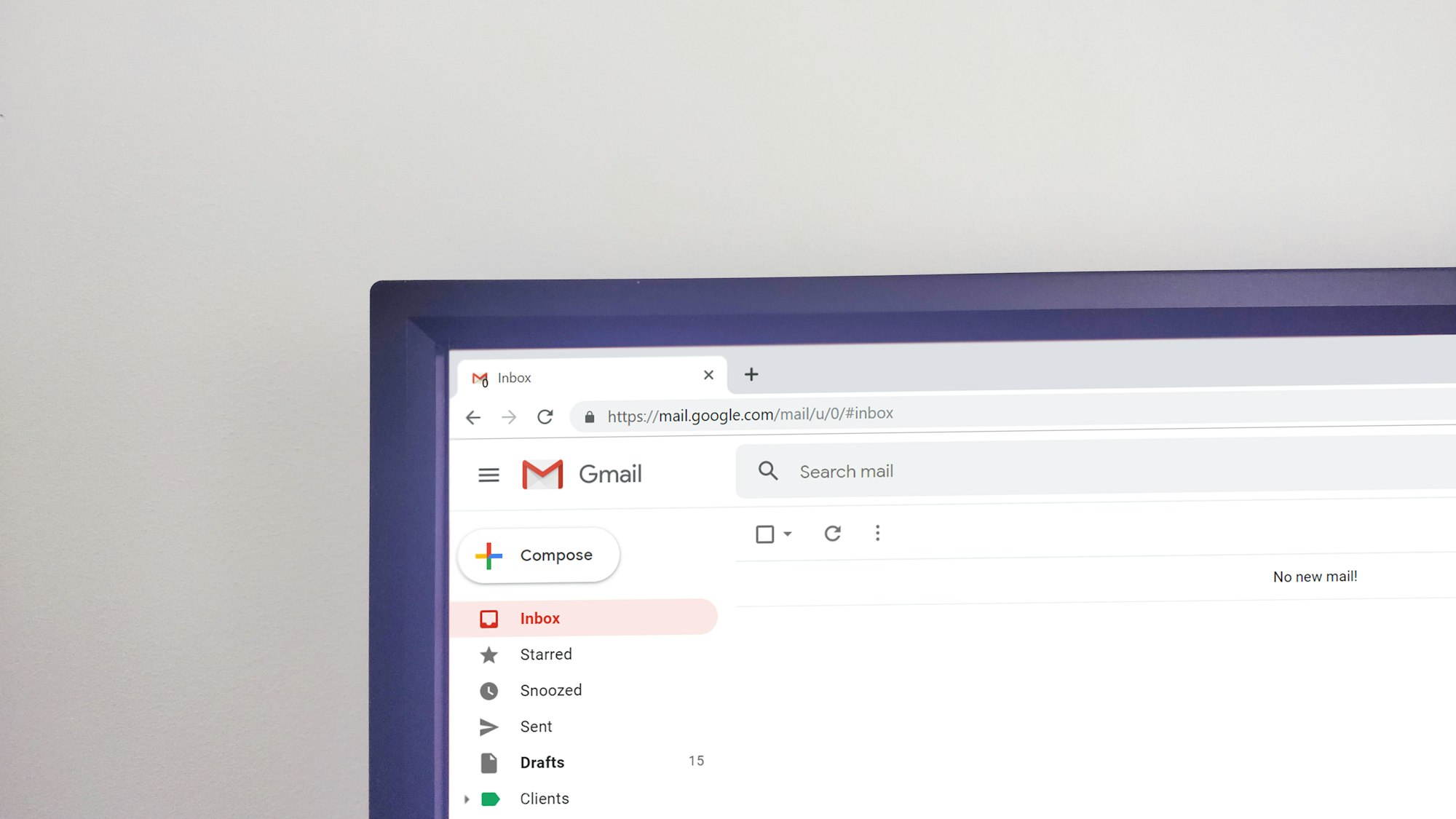Should startups send an NDA to investors?

A common question for startup founders is if they should send an NDA to investors as part of their fundraising pack. This should stop those investors doing something similar to the following scene from HBO's Silicon Valley, right?
The most likely result from trying to do this is either friendly pushback from the VC, or more frustatingly an instant pass.
So why don't investors like NDAs and why isn't it worth sending them?
Ideas are Cheap
One of the biggest misconceptions that is that the idea or business model for your startup is unique. If it's unique then it makes sense to protect it, as anyone could replicate it, right?
It's relatively common that, even for very complex inventions, multiple people can originate the idea for the invention independently. Multiple discovery even more likely when the ideas for many startups come from frustrations in everyday life.
This results in the common fallacy of "I thought of that idea five years ago", when there were probably hundreds of people with the same idea but the lack of motivation to start a business because of it.
It's highly likely that most investors will end up reviewing several startups with almost exactly the same value proposition and business model as yours. The winners are therefore the teams who execute the idea best, rather than having the idea itself.
Why don't investors like NDAs?
Professional startup investors and VCs will review hundreds or thousands of startup ideas every year. If it became commonplace to have an NDA attached to a deck, then the theory is that it would become increasingly complex to ensure compliance across all NDAs in place.
The language of NDAs are broad when it comes to:
- What constitutes confidential information and its disclosure — it can be difficult to prevent disclosure of information without knowing if something is confidential or not.
- The extent of the damages incurred — often described as "special damages" which theoretically are unlimited.
This makes it difficult to understand the risk of disclosure. The quantity and complexity of managing these NDAs would necessitate a dedicated legal back office to ensure compliance, increasing the cost and time of doing business with little gain for either party.
When You Should Send an NDA
There are a few cases when it makes sense to send an NDA.
- Deep tech with strong IP — assuming you haven't filed the patent yet, then an NDA is likely worth putting in place.
- Corporate Investors — often these strategic investors will be looking to acquire your business at some point, so an NDA will provide limited protection
Is the NDA enforceable?
A startup founder also needs to ask the question about what happens when they decide that an NDA has been breached.
Enforcing the damages clause in an NDA would typically require significant legal expenses to take the case to court. Whilst you might be lucky and the investor could settle, it's more likely they would use their larger resources outspend you in legal fees.
In the previous example of the strategic investor, your protection comes primarily from their own legal team stopping the corporate from copying the idea. If they choose to infringe, it's likely your startup will be out of business before you're awarded damages.
In general, NDAs tend to benefit the most powerful signatory making them ineffective for startups.
What if an investor has a competing startup in their portfolio?
The best option is not to speak with the investor in the first place. Top tier investors don't make investments into companies that will compete with each other, and other investors will likely just share your information with their current investment.
So what do I do?
Sending an NDA is unlikely to be worth the time, risk and expense of drafting it. The startup ecosystem relies on the social contract between founders and investors to behave ethically and to keep confidential information secret.
This is an imperfect system but one that's easier to enforce as VCs have to compete for founders and the reputational damage of disclosing information is something that can be enforced through social media, anonymous review sites and informal networks.




